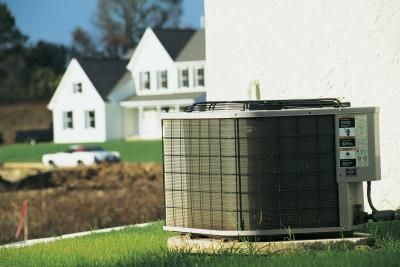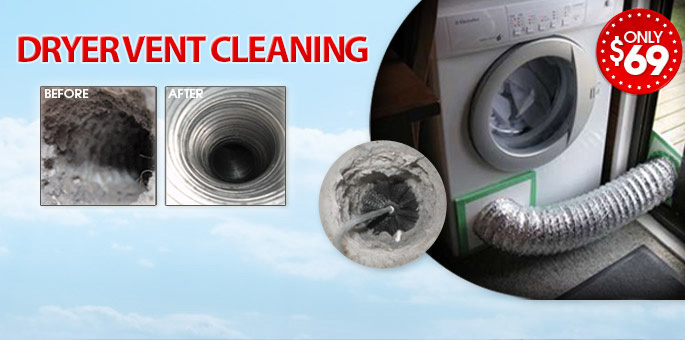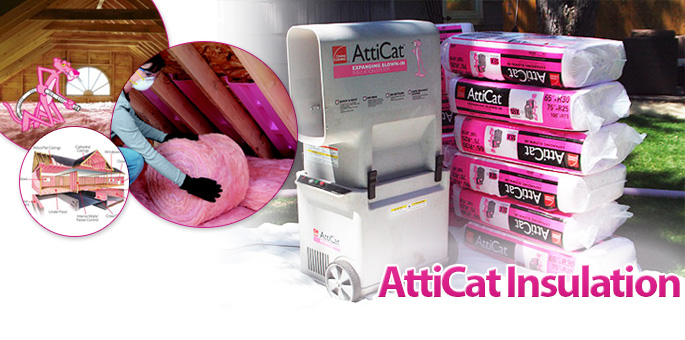 Life in South Florida can be a lesson in an easygoing life, with lots of fun in the sun and no harsh, frigid winters.
Life in South Florida can be a lesson in an easygoing life, with lots of fun in the sun and no harsh, frigid winters.
However, the very same sun that makes a day on the beach so enjoyable often combines with Florida humidity to make life a swelteringly hot and miserable existence once the temperature begins to soar. When it comes to living here, your central air conditioner is your best friend. But if your A/C suddenly stops working, spending time in your home will quickly become a hot, sweaty inconvenience.
While living in a home with a faulty air conditioning system can certainly still beats life with no A/C at all, that relief will quickly end once your air conditioner stops working altogether. If your house is suddenly hot and sweaty and your air conditioner is not putting out any cool air, or if your a/c is leaking water it is time for a little air conditioner 101 before the problem gets any worse.
Troubleshooting the Causes of a Broken Air Conditioner
- Start with the A/C power. It may seem too obvious, but many times the air conditioner is not working because it does not have power. Check the power cord and make sure the electrical plug is fully pushed into a working outlet. Inspect other appliances plugged into the same outlet and if they are not working either, then replace or reset your fuse or circuit breaker.
- Stop while the air conditioner is turned off, open the front panel to where the air filter is housed, and remove the air filter. You can either replace the filter with a new one from your local hardware store or clean the old one by vacuuming it or washing it with soap and water, then rinsing it and letting it dry thoroughly before you slide it back into the air conditioner. A clogged air filter can really slow down or even stop air conditioner performance.
- Now that you have a clean air filter, shut the access panel, look to see if the cord is plugged into a working outlet, and make sure the main power switch on the air conditioner is turned to “On”. There may be more than one “On” switch on the unit, so check the system thoroughly for switches. While you are at it, make sure the front panel of the unit is shut firmly, as most units will not function if the access panel is open.
- Next, move to your thermostat. Make sure the settings are placed at “On” or “Auto Cool” and the temperature is set to a point that is at least 10 degrees below the current outdoor temperature. If the fan is set to “Heat” or “Off”, then your air conditioner is not broken, it just needs to be set to cool correctly. Note: Turning up your thermostat a couple of degrees while you’re not home helps to prevent maintenance problems and can also help you save on energy costs during the summer.
- Give the air conditioner a few minutes to turn on once you have set the thermostat to “Cold” and the temperature down, then walk around and check all your vents and registers to make sure that they are all open so cool air can move around the house.
- If you still aren’t getting cold air, head outside and make sure the cover on the outdoor unit has been removed, since airflow is essential to proper function. In addition, make sure the unit power switch is turned to “On” and look around the outside unit for signs of damage, clogs due to leaves or other debris, or leaks around the unit. If you find debris or other items that may be blocking the condenser coil, turn the system off and let it cool and stop completely, then clean the debris from the outside of the unit and turn it back on. If you see signs of damage or leaks, turn it back off and call a repairperson for assistance.
- If you cannot identify why the air conditioner is still not working, you can try some of the more sophisticated repair attempts as suggested on Inspectapedia.com, but you are probably best off calling for a Boca Raton AC repair person for help.
Tips to Prevent Your A/C from Breaking
Preventing problems with your air conditioner in the first place is actually simple and can save you quite a bit of money in the end. Here are a few air conditioning maintenance tips to make sure you are not dripping with sweat in the middle of the summer with a dead air conditioner:
- Perform regular maintenance on your air conditioner, even during months when you do not use it. This will help make sure the air conditioner will run when you DO need
- Every three to six months, remove and clean the air filter and make sure the access panel is shut firmly when you are done.
- Check the outside unit for any items that have blown into the unit, potentially blocking the condensing coil. It is best to keep the area around the unit clear of bushes, leaves and other items that can easily enter the air conditioner and cause trouble. Put a cover over the outdoor unit when it is not in use.
- Run the air conditioner for a few minutes after you have performed your regular maintenance to make sure everything is working fine, and then turn it back off.
- During the summer, set your thermostat to “Auto” and raise the temperature at night or when you are not at home, so that the unit only needs to run as needed. If you leave the thermostat at “On” or “Cold” and set at a chilly temperature 24 hours a day, you run a greater risk of burning the unit out.
Schedule Your A/C Repair
USA Air Conditioning Services offer same-day emergency service for broken air conditioners seven days a week. If your A/C is not cooling and you need help now, schedule your service online or give us a call today at (561) 404-0340.













Dealing with a broken air conditioner unit is definitely not fun! Even just a few hours can make life quite miserable. Unfortunately, I know this from the experience I had when my unit completely broke and had to be totally replaced. That’s when I learned how important prevention and maintenance is.
Thanks for your article. One other thing is when you are inspecting your property by yourself, one of the concerns you need to be aware of upfront is when to deal with house inspection records. As a FSBO vendor, the key to successfully transferring your property plus saving money in real estate agent commissions is expertise. The more you are aware of, the more stable your home sales effort will likely be. One area when this is particularly essential is information about home inspections.